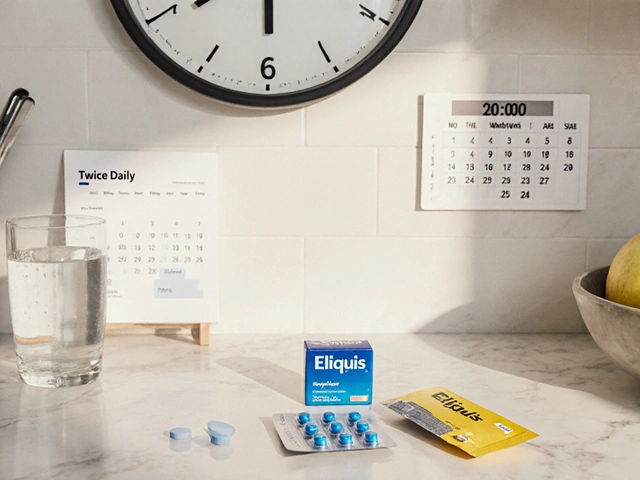Cefdinir Side Effects – What You Should Expect
If you’ve been prescribed Cefdinir, you probably want to know what might happen after you start the pill. The drug is a broad‑spectrum antibiotic, so most people tolerate it well. Still, a few hiccups are normal and worth watching.
Common and Mild Reactions
About one in three patients report at least one of these easy‑to‑handle effects:
- Upset stomach, nausea, or mild diarrhea – usually fades after a few doses.
- Headache that feels like a light pressure.
- Occasional rash that looks pink or red but isn’t itchy.
- Changes in taste, especially a metallic or bitter flavor.
- Feeling a bit more tired than usual.
These symptoms rarely need a doctor’s visit. Drinking plenty of water, eating a small snack before the pill, and taking the medication with food can calm most of them.
When to Seek Medical Help
Although rare, some reactions signal a bigger problem. Call your pharmacist or doctor right away if you notice:
- Severe rash, hives, or swelling around the eyes or lips.
- Difficulty breathing, wheezing, or a tight feeling in the chest.
- Persistent diarrhea that lasts more than a couple of days, especially if it’s watery or contains blood.
- Sudden fever, chills, or a sharp joint pain that didn’t exist before.
- Yellowing of the skin or eyes – a sign of liver trouble.
These signs can mean an allergic reaction or a more serious infection, and they need prompt attention.
Even if you feel fine, it’s good to double‑check a few things before you finish the course:
- Make sure you’ve taken the full prescription length, even if symptoms improve. Stopping early can let bacteria grow back.
- Watch for any new medicines you start while on Cefdinir. Some drugs, like antacids containing aluminum or magnesium, can lower the antibiotic’s absorption.
- Ask your doctor about any existing conditions – kidney disease, for example, may need a dosage tweak.
Bottom line: most side effects are mild and temporary, but staying alert to severe signs can keep you safe. Keep a short note of anything unusual and share it with your healthcare provider. That way, you’ll get the right advice fast and finish your treatment without surprises.










